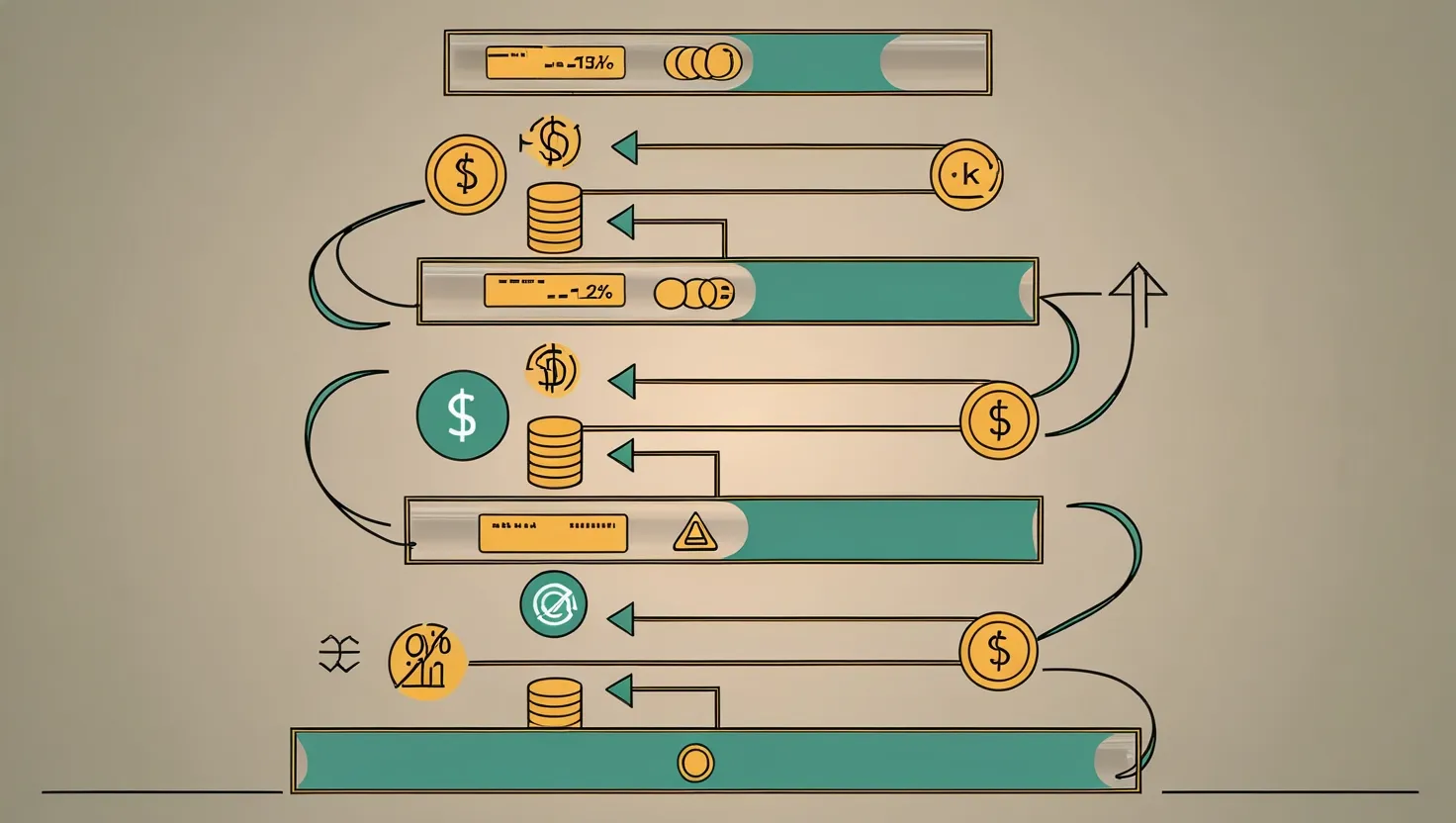Estate taxes can feel like the ultimate final bill, taking a hefty cut from the assets meant for your loved ones. But there’s no need to stress too much! By grasping the basics and using smart tactics, you can ease this burden. Here’s a laid-back, thorough guide to help you understand estate taxes and shrink the amount you owe.
Estate taxes. Two words that can make anyone groan, but let’s break it down. Estate taxes are the costs levied on moving assets from someone who’s passed away to their heirs or beneficiaries. It’s distinct from inheritance taxes, which heirs pay themselves. So, think of estate taxes as a “transfer toll” on your wealth after your grand exit.
Not everyone needs to worry. In the U.S., only big-time estates get taxed. For 2024, you can leave up to $13.61 million tax-free. If your estate’s worth is under this, breathe easy – no federal estate taxes for you! But don’t get too comfy; some states have their own rules, so check what’s up where you live.
So how do these taxes hit? When you pass, your estate includes all you’ve got – houses, stock, bonds, and even personal items. The total, called the fair market value, is calculated. If it’s over that tax-free amount, the exceeding portion gets taxed. Rates range from 18% to 40%, based on how over the line you are.
Wondering how to soften the blow? Here are some strategies to trim down what’s taxable.
Transferring assets is a solid start. You can hand out gifts up to $18,000 per person per year, without worrying about taxes. Over time, these can whittle down your estate’s value. If you’re married to a U.S. citizen, there’s a perk: unlimited asset transfers between you two, tax-free. This doesn’t vanish the tax entirely but punts it down the road until both of you are gone.
Trusts can be lifesavers here. There are different kinds, with their own perks. Revocable living trusts keep you in the driver’s seat over your assets while bypassing probate after you’re gone. Irrevocable Life Insurance Trusts (ILITs) make sure life insurance payouts stay out of your estate, thus not taxable. Charitable Remainder Trusts (CRTs) let you get income now while shrinking estate taxes.
Got a family business or property? Consider Family Limited Partnerships (FLPs) or Limited Liability Companies (LLCs). Gifting interests in these can drop the value of what’s taxable since control and marketability discounts apply. It sounds techy, but basically, you’re making your assets less tempting to the taxman.
If you’ve got a house or holiday home, Qualified Personal Residence Trusts (QPRTs) could be your ally. Move the home into the trust, keeping some interest while alive, which cuts down the taxable value. Similarly, Grantor Retained Annuity Trusts (GRATs) and Grantor Retained Unitrusts (GRUTs) let you give assets to heirs, keep some income, and potentially dodge big taxes if you outlive the trust term.
Charitable giving isn’t just about good vibes; it’s smart tax-wise. Gifts to charity can slice your taxable estate while giving you warm fuzzies. Charitable Remainder Trusts, now that’s a double whammy – avoid capital gains taxes and get ongoing income.
Spousal Lifetime Access Trusts (SLATs) are neat for couples. Put assets in a trust for your spouse, use some of that hefty gift tax exemption, and the beneficiary spouse enjoys the goodies. No estate tax here!
Using the annual gift tax exclusion is like taking small bites out of a giant estate pie. $18,000 per person, per year, tax-free. Married? Double whammy – $36,000 per person, per year. Over time this adds up, shrinking that taxable estate bit by bit.
Want to think big? Lifetime gifts can use up to your $13.61 million exemption. Being generous now not only feels good but also slashes down your future estate.
And don’t forget portability. This fun little option lets the surviving spouse inherit any unused estate and gift tax exemption from their deceased partner. It’s like doubling up your no-tax zone for the surviving spouse.
Estate planning is your best friend against estate taxes. Regularly review and tweak your plan to stay sharp and compliant with current laws. Professional advice from an estate planning attorney? Gold. They bring expertise that can make your estate tax worries melt away.
Remember, state rules matter too. Some states tack on their estate or inheritance taxes. A dozen states have these, so get clear on local laws and adjust your plans accordingly.
In the end, chipping away at estate taxes is all about crafty planning. Trusts, gifts, and smart charitable moves can bring that taxable amount way down. Estate planning isn’t one-size-fits-all, so tailor things to your needs, keep it fresh, and check in with pros. They’re there to help you sail through, leaving more for the loved ones you care about most.
So, dive in and get your estate shipshape. With these strategies, you’ll leave a legacy more love than taxed.






